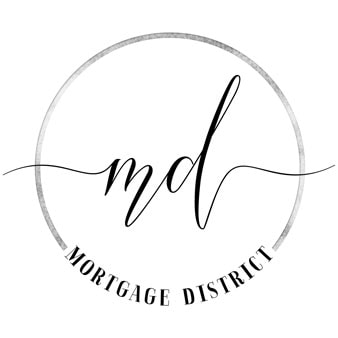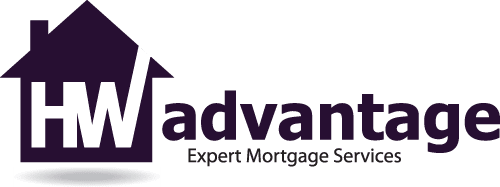Canada’s inflation rate is now the highest since 2003. Rising inflation is often a signal that interest rates are also likely to increase. Higher interest affects business loans, car loans, credit cards, lines of credit, and of course, mortgage interest rates. But during this episode of high inflation, the Bank of Canada has indicated (at this point at least) that any interest rate increases to come won’t be in response to inflation.
What is the prospect for rising interest rates in 2022? What about the current economic situation can you use to inform your mortgage choices this year? Fortunately, you have several options, whether you are just beginning to shop for a mortgage or need to renew.
Why Inflation Affects Interest Rates
When the general price of goods and services increases, it means that you can purchase less with the same amount of money – your buying power decreases. That reduction in buying power is measured by inflation. A healthy level of inflation shows that the economy is growing. Too much inflation and people can’t afford to buy the things they need. Too little inflation and people have less incentive to spend, investors have less incentive to invest, and the economy begins to shrink. To balance the forces, most countries try to maintain a target inflation rate of 2% – 3%. When inflation rises above the target range, one way the Bank of Canada can help bring it under control is by raising interest rates.
What will the current ultra-low interest rates and rising inflation mean for mortgages? Here are some considerations for a few common mortgage scenarios.
First Time Home Buyers
When buying your first home in the current market, many homeowners have been pushing the limits of what they can afford. Transitioning from renting to buying comes with closing costs like home inspections, land transfer tax and legal fees. Ongoing costs like insurance, property taxes and home general home maintenance can stretch budgets making first-time buyers more sensitive to interest rate increases. Inflation also leads to more expensive carrying costs, adding to the pressure. Opting for a fixed-rate mortgage provides some protection against the possibility of rising interest rates, at least for a short time. However fixed-rate mortgages come with considerably higher interest rates than variable mortgage options and significantly higher early breakage fees. Currently, the spread between fixed rates and variable rates is huge (1.5%), so despite indicators that rates may go up many first-timers and seasoned home buyers are still choosing variable. The decision between selecting a variable versus a fixed rate mortgage is an important one and should be examined thoroughly on a case-by-case basis. In fact, this is a much more important decision than finding the cheapest rate. Make sure you have a buffer in your budget when determining what you can afford. That way you’ll manage if or when rates go up.
Mid-Term with a Fixed-Rate Mortgage
Early in the pandemic, mortgage interest rates went down. Way down. If you, like so many people, bought a home with a fixed-rate mortgage, you are currently enjoying paying very low interest. Similarly, if you renewed a mortgage and chose a fixed interest rate, you can be confident your payments won’t change even if interest rates begin to rise due to inflation or other reasons. Your rate wouldn’t be as low as a variable rate over the last couple of years but at least you know your interest rate and payment won’t change for at least the remainder of your term.
Mid-Term with a Variable Rate Mortgage
Historically you will pay less interest over the lifetime of your mortgage if you have a variable rate compared to a fixed rate mortgage. Actually, it’s not even close. This has never been more true for people who have had a variable rate mortgage over the past 2-3 years as many have been enjoying interest rates around 1%. Keep in mind that the rate of a variable mortgage is directly dependent on the prime lending rate. So when the prime rate goes up, your interest rate goes up. Plan accordingly and speak to a mortgage professional!
Steadily rising inflation could eventually lead to interest rate hikes and several increases in mortgage rates over the term of your mortgage. You’ll likely still pay less interest going with variable over fixed however it’s important to budget to account for potential increases. Also, take advantage of pre-paying extra towards your mortgage balance while interest rates are still low to mitigate the impact of rising rates in the future.
Time to Renew
If your mortgage term is coming to an end, it’s a good time to evaluate your options and choose the type of mortgage that will benefit you most over the next few years. Your choice of a variable rate mortgage or fixed rate should depend more on your risk tolerance than on your ability to predict future mortgage rates. Compare different interest rate scenarios to find which one works in your favour.
Interest rates are currently at historic lows but will undoubtedly begin to rise due to other economic factors, if not high inflation. Either way, there is no need to panic. Talk to your mortgage broker, who can answer questions you may have about the effects of inflation on interest rates. Your mortgage broker can steer you towards the most appropriate type of mortgage for your financial goals with the best available interest rate.
Contact us today to find out more and follow us on Instagram for mortgage tips and expert insights.


